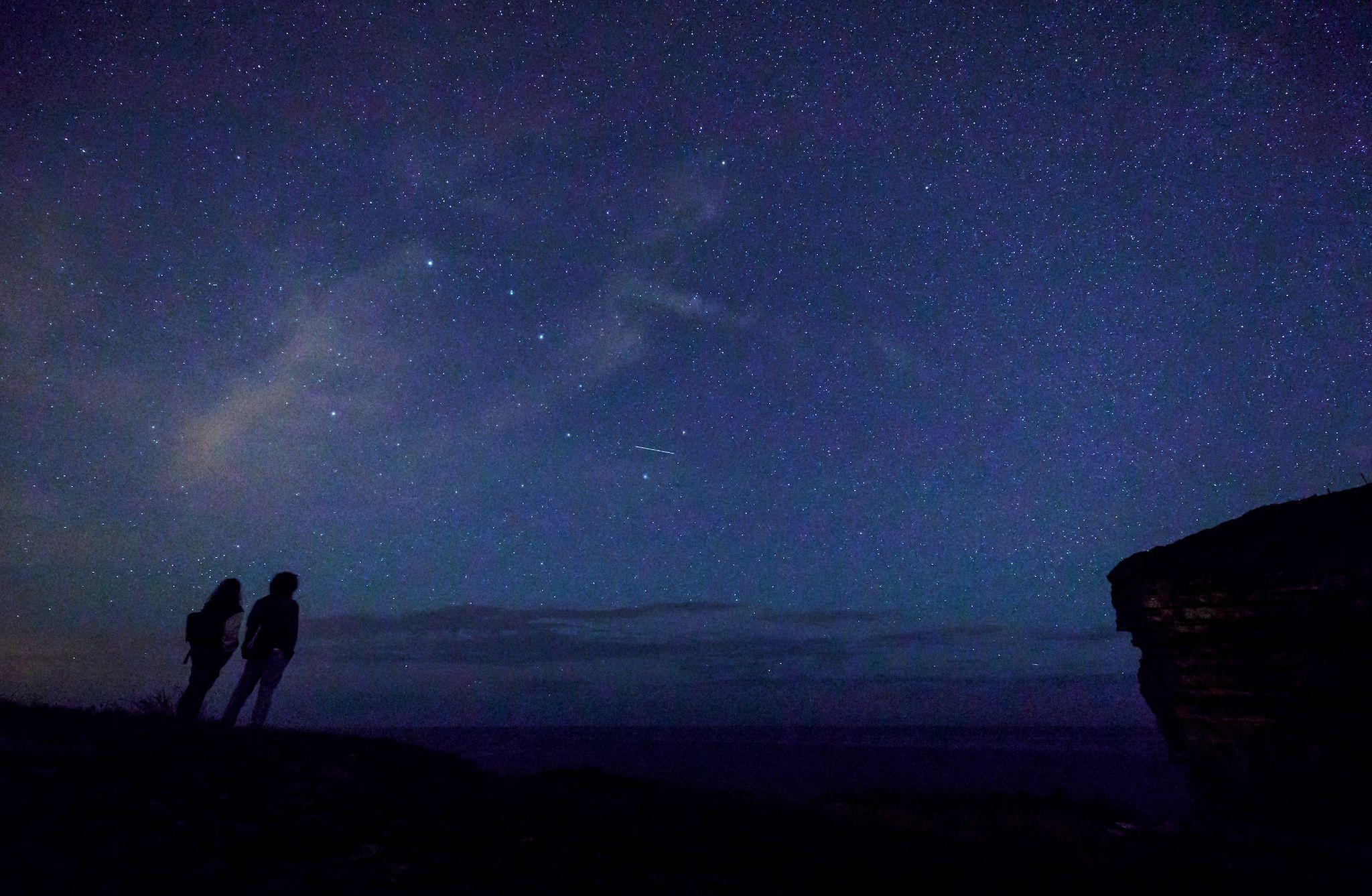Scientists call mysterious meeting as rumours of first ever black hole photo heat up
Press conferences will be held simultaneously across the globe to mark major breakthrough

Scientists are to hold mysterious meetings across the world to announce a "groundbreaking" new black hole discovery.
Press conferences around the globe are being organised, seemingly to announce a photograph that could break new ground in our understanding in space. Humanity might be about to see a black hole for the first ever time.
The announcement relates to the Event Horizon Telescope, the European Southern Observatory announced, which is said to have found its "first result". That telescope has been capturing data for more than a decade in an attempt to take a photo of the edge of a black hole, the first time one would ever have been seen by human eyes.
Scientists have been attempting to take images of Sagittarius A*, the supermassive black hole that lurks in the middle of our galaxy.
Black holes are by their very nature impossible to see, since they swallow up all light and so make it impossible for any to reach us on Earth. While we can understand them because of the way they affect the space that surrounds them, they cannot actually be directly seen.
But the telescope hopes to snap an image of the event horizon, or the point at their edge where light cannot escape. That has proved incredibly difficult, because of the dust and disruption that lurks on the far reaches of a black hole.
Now astronomers are teasing the "groundbreaking" and incredibly important new breakthrough in that project, suggesting the work might be complete.
The main press conference will take place on 10 April, in Brussels, at 3pm local central European time. Other press events will be held in Chile, Shanghai, Japan, Taipei, and the USA, each in their local languages.
The event will be streamed online by the ESO as well as the European Research Council, as well as on social media. It will be available on YouTube.
The European Southern Observatory said that, "due to the importance of this result", it was encouraging satellite events around the world where people can get together to watch along. They are current planned in Madrid, Rome, Gothenburg, Nijmegen and Pretoria, it said.
Join our commenting forum
Join thought-provoking conversations, follow other Independent readers and see their replies
Comments
Bookmark popover
Removed from bookmarks